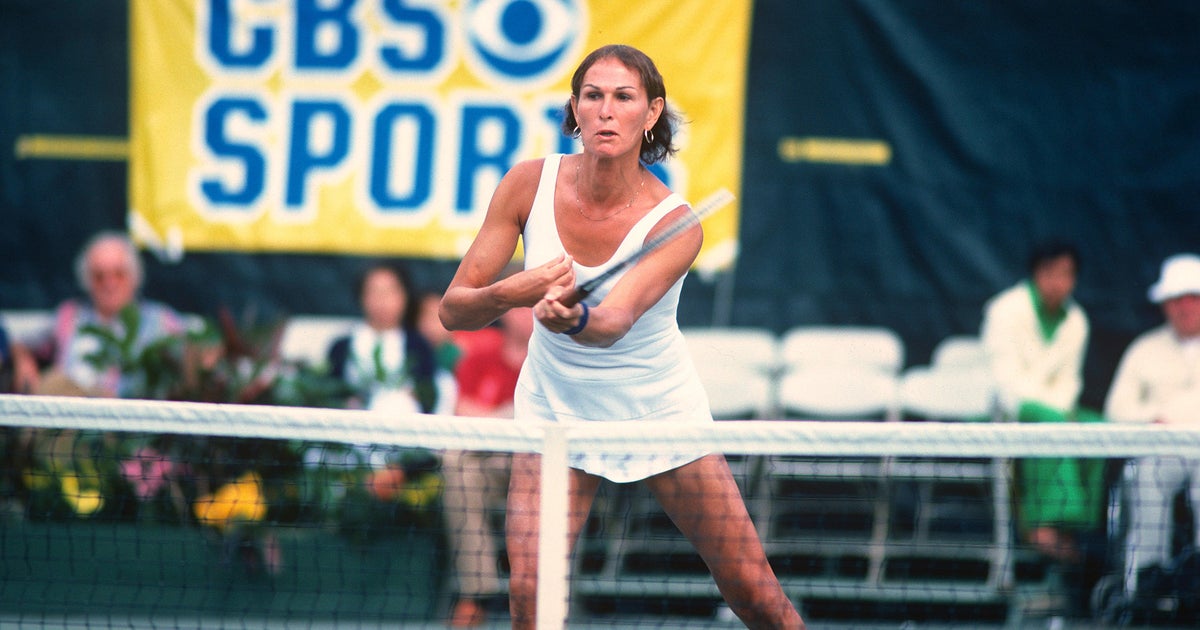Breaking Barriers: A Transgender Athlete's Perspective on Trump's Tumultuous First 100 Days

Pioneering transgender athlete Renée Richards warns that the ongoing controversy surrounding trans athletes is part of a larger, more insidious attack on transgender rights. With decades of personal experience and insight, Richards sees the current sports debate as more than just an athletic issue—it's a strategic attempt to marginalize and discriminate against the transgender community.
As a groundbreaking tennis player who fought for her right to compete in the 1970s, Richards understands the complex intersection of sports, identity, and social acceptance. She argues that the heated discussions about transgender athletes' participation are not merely about fairness in competition, but represent a broader effort to challenge and undermine transgender individuals' fundamental rights and dignity.
The ongoing national dialogue has exposed deep-seated prejudices and fears, with Richards emphasizing that these debates often stem from misunderstanding and fear rather than genuine concern for athletic integrity. Her perspective offers a critical lens through which to examine the broader social and political challenges facing the transgender community today.
Richards continues to be a powerful voice advocating for understanding, respect, and equal rights for transgender individuals, urging society to look beyond narrow, discriminatory perspectives and recognize the humanity of all people, regardless of gender identity.
